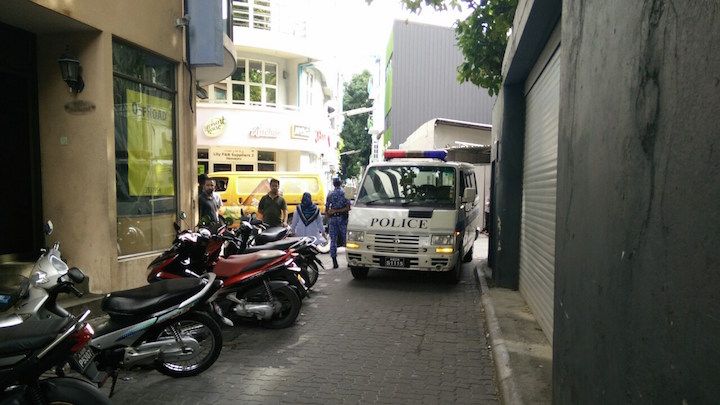‘Let me know if you need a lawyer’
Omkar Khandekar recounts the police raid on the Maldives Independent’s office in the wake of the much-anticipated release of Al Jazeera’s corruption exposé Stealing Paradise.

13 Sep 2016, 09:00
“Hope you’re okay. If you need a lawyer, let me know,” said one of 100 unread messages on my phone in the two hours that I hadn’t checked it while out on an assignment. “Office being raided,” said another, this one from a colleague at the Maldives Independent. The first message now made sense.
This article was first published on Scroll .
Become a member
Get full access to our archive and personalise your experience.
Already a member?
Discussion
No comments yet. Be the first to share your thoughts!
No comments yet. Be the first to join the conversation!
Join the Conversation
Sign in to share your thoughts under an alias and take part in the discussion. Independent journalism thrives on open, respectful debate — your voice matters.




